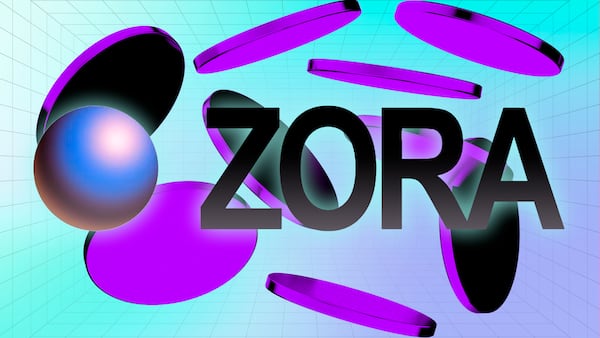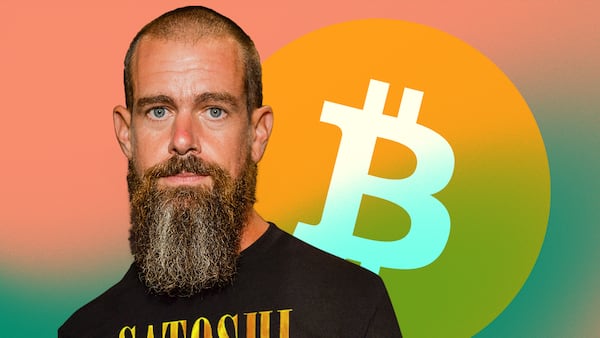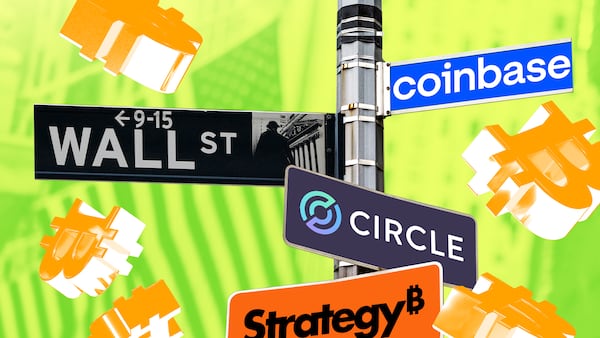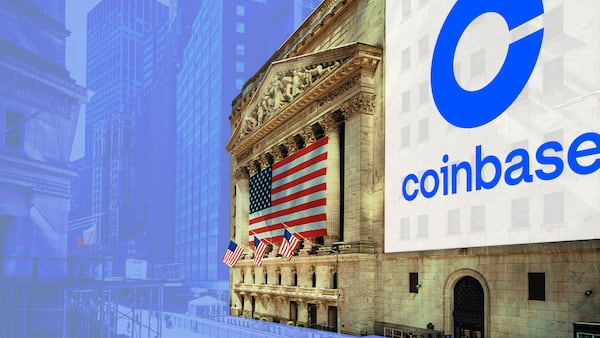- Analysts say Coinbase's partnership with JPMorgan Chase is a win for crypto adoption.
- The move highlights the banking sector's changing attitude towards digital assets.
In a move that is expected to shift how the banking industry engages with digital assets, Coinbase on Wednesday inked a new partnership with JPMorgan Chase, the No. 1 US bank.
Beginning in 2026, Chase customers will be able to directly link their bank accounts to the US-based crypto exchange.
The bank will also enable customers to cash out points from its reward programme into Circle’s USDC stablecoin, and use Chase credit cards to fund their Coinbase accounts.
Wary banks
Calling the deal “a huge adoption unlock,” analysts at Bernstein said Coinbase will acquire new customers and access their savings activities.
The banking industry has long been wary of crypto. Analysts have previously noted that banks see digital assets as hindered by regulatory uncertainty, compliance risks, and reputational concerns.
Some banks even prevent their customers from investing in crypto due to the prevalence of scams that plague the industry.
By creating an open, two-way channel between its customers’ accounts and Coinbase, Chase is making a complete turnaround.
And it’s not the only sign things are changing. In June, Bank of America CEO Brian Moynihan signalled his firm is looking at creating a crypto stablecoin once key legislation passes.
In July, Citibank CEO Jane Fraser told analysts on a post-earnings conference call the bank may also issue its own stablecoin for digital payments.
Going mainstream
The partnership will expose JPMorgan Chase’s more than 80 million customers to crypto, many for the first time.
“This has a massive impact on how the public views crypto and will play a major role helping the industry go mainstream,” Carlos Guzmán, an analyst at GSR, a crypto market maker, told DL News.
Still, the move may be more symbolic than a significant source of new customers for the crypto exchange, Adam Morgan McCarthy, a research analyst at Kaiko, told DL News.
“I don’t know how many users will actively engage with this, but just having it there and Coinbase working with Chase like this is important,” he said.
Others analysts are more cautious about what the development signals.
“We should view it as tactical rather than transformative,” Will Beeson, founder of stablecoin infrastructure firm Multiliquid, told DL News. “The structural shift will come when banks themselves embed digital asset capabilities natively.”
Changing attitudes
Still, the tie-up emphasises just how quickly attitudes towards crypto are changing, McCarthy said. In the UK, his Chase bank account was blocked from sending money to crypto exchanges as recently as 18 months ago.
Moreover, JPMorgan Chase CEO Jamie Dimon has long voiced his scepticism on crypto.
In 2022, he called digital assets “decentralised Ponzi schemes.” Earlier this year, he said Bitcoin “has no intrinsic value,” and warned about crypto’s use among sex traffickers and money launderers.
Yet Dimon said in March JPMorgan will allow its clients to buy Bitcoin. And in July, the bank said it’s exploring letting clients lend against their crypto holdings.
“The shift parallels Larry Fink’s, who also went from being crypto skeptic to having BlackRock become one of the most crypto-involved asset managers,” Guzmán said.
In recent months, crypto has taken centre stage in President Donald Trump’s administration.
Under Trump, the Securities and Exchange Commission has dropped several cases against crypto firms. The administration has also championed new crypto legislation, such as the recent GENIUS Act that provides rules for stablecoins.
The increased regulatory clarity has pushed more firms, especially those on Wall Street, to explore crypto integrations, taking advantage of the speed and efficiency boosts the technology provides.
Just the start
There’s a good chance there will be more partnerships between crypto exchanges and banks, McCarthy said. But he also cautioned that not all US banks will be receptive to the idea.
As a traditionally conservative industry, some may not yet be technically equipped to incorporate blockchain technology.
“There’s still some archaic features to contend with that might limit scope for some banks,” McCarthy said.
Guzmán said that although Coinbase is a leader, other crypto exchanges, like Kraken, also have similar crypto-as-a-service offerings for banks. He believes many more competitors will eventually enter the space.
“It’s too early to crown a winner here,” he said.
Tim Craig is DL News’ Edinburgh-based DeFi Correspondent. Reach out with tips at tim@dlnews.com.









